Manji, based on a book by famous Japanese author Jun’ichirō Tanizaki, is one of Japan’s first and most daring films about lesbian desire. It tells the story of a married woman and a gorgeous heiress who fall in love, but their relationship slowly falls apart because of jealousy, lies, and emotional dependence. The movie provides a fascinating look at Japanese gender politics and prohibited relationships in the 1960s. It is known for its stylized sexiness and emotional intensity.
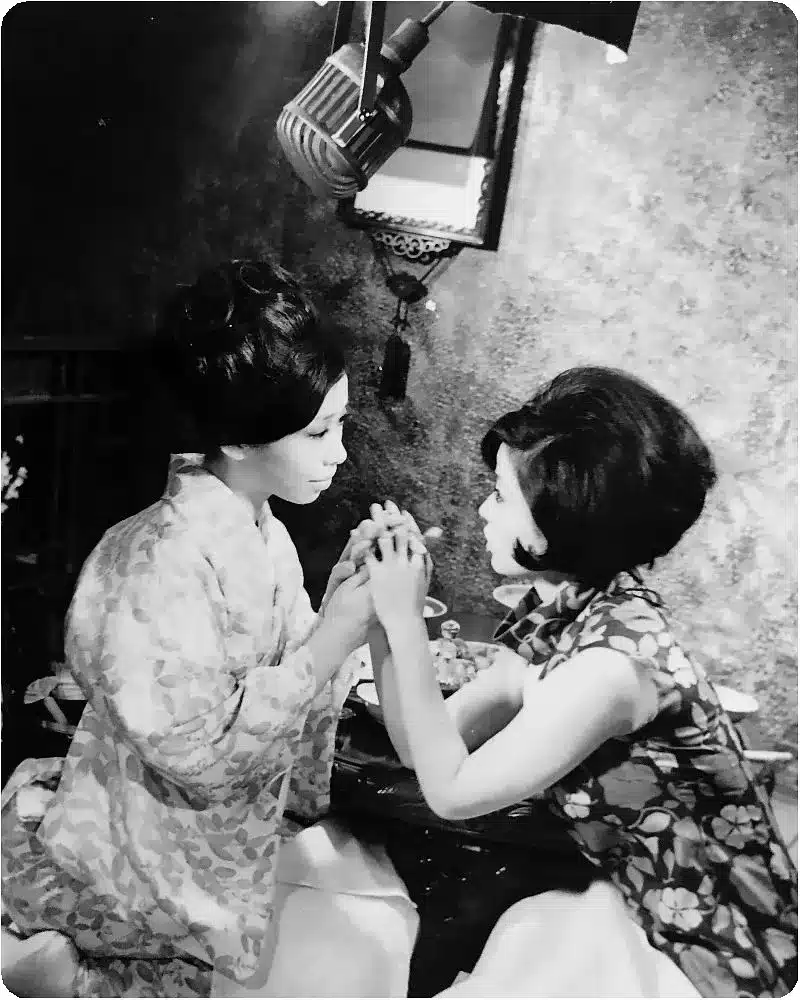
Sonoko, the wife of a conservative lawyer, signs up for art classes to escape the boredom of married life. There, she meets Mitsuko, a sophisticated and strikingly beautiful young woman from a wealthy family. As Sonoko finds herself irresistibly drawn to Mitsuko, she soon realizes her affection is reciprocated.
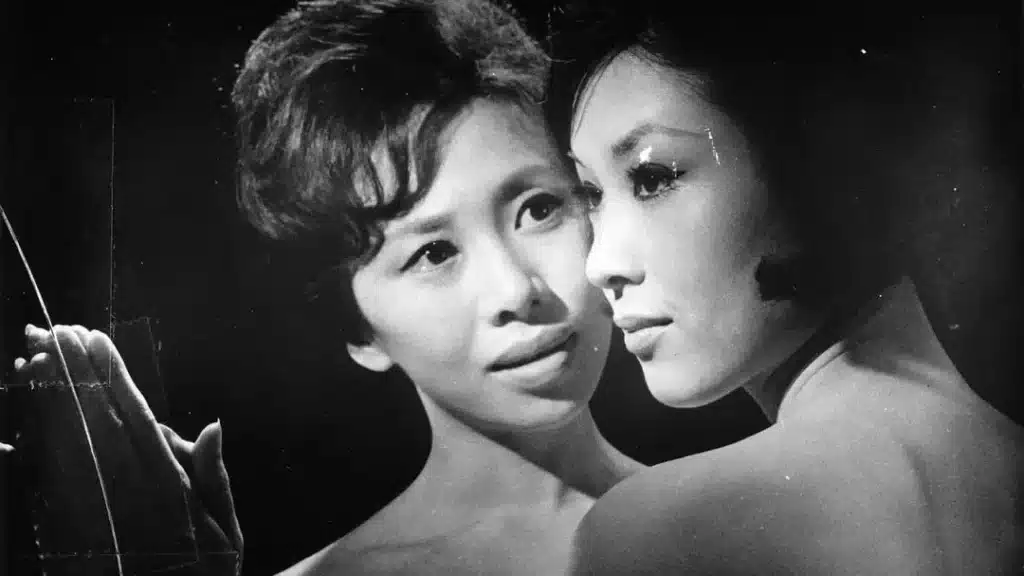
Their passionate relationship intensifies, but complications arise when Sonoko discovers that Mitsuko is also romantically involved with a young man named Watanuki. The trio enters into a bizarre arrangement to “share” Mitsuko, but jealousy and manipulation escalate dangerously. Even Sonoko’s husband becomes entangled in Mitsuko’s seductive web, leading all four characters into a twisted game of possession, deception, and ultimately, tragedy.
Manji Cast
Charactor
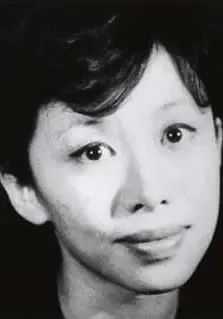
A lawyer’s wife who seeks meaning outside her conventional marriage, Sonoko becomes obsessed with Mitsuko.
Kyoko Kishida
Kishida, known internationally for her role in Woman in the Dunes, brings sharp psychological realism to Sonoko’s internal unraveling. Her performance here is one of restrained turmoil.
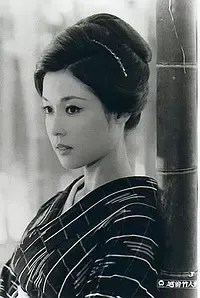
A wealthy heiress with intoxicating beauty and ambiguous intentions. Mitsuko manipulates those around her under the guise of innocence.
Ayako Wakao
Wakao, a frequent collaborator of director Yasuzo Masumura, is magnetic in this role. Her nuanced portrayal of emotional cruelty masked by charm is unforgettable.
Director
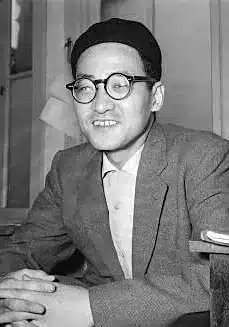
Yasuzo Masumura
Yasuzo Masumura was one of Japan's most distinctive filmmakers in the 1960s, known for his modernist and psychological takes on Japanese society. With Manji, he explores emotional extremities and social taboos through a lens of visual elegance and literary fidelity. His direction balances eroticism and restraint, never tipping into exploitation.
MOVIE HIGHLIGHT
Based on Jun’ichirō Tanizaki’s scandalous novel of the same name
Considered one of Japan’s first lesbian-themed films
Features the iconic “shared lover” triangle dynamic that intensifies into four-way chaos
Mitsuko’s nude scene and manipulative tactics were daring for 1960s cinema
Manji Review
Review

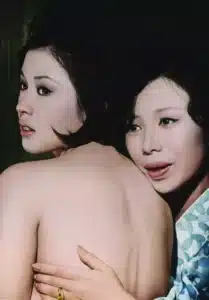



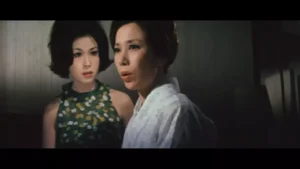
Story: ⭐⭐⭐⭐
The narrative, adapted from Tanizaki’s provocative novel, dives headfirst into themes of obsession, gender roles, and the fluidity of desire. The story boldly navigates a quadrangle of lust and power, subverting expectations at every turn.
Acting: ⭐⭐⭐⭐⭐
Ayako Wakao delivers a mesmerizing performance as Mitsuko—playful, enigmatic, and manipulative. Kyoko Kishida’s portrayal of Sonoko is equally nuanced, shifting from innocence to desperation with haunting conviction.
Chemistry: ⭐⭐⭐⭐
The intense emotional and physical chemistry between the two women is palpable, making their interactions both sensual and emotionally charged, despite the era’s constraints.
Production: ⭐⭐⭐
The film blends traditional set design with expressive cinematography. Some editing choices and sound design feel dated, but its visual storytelling remains compelling.
Ending: ⭐⭐⭐⭐
The climax—a dramatic suicide pact turned hollow betrayal—cements the story as a cautionary tale about unchecked desire. It’s devastating and oddly poetic.
